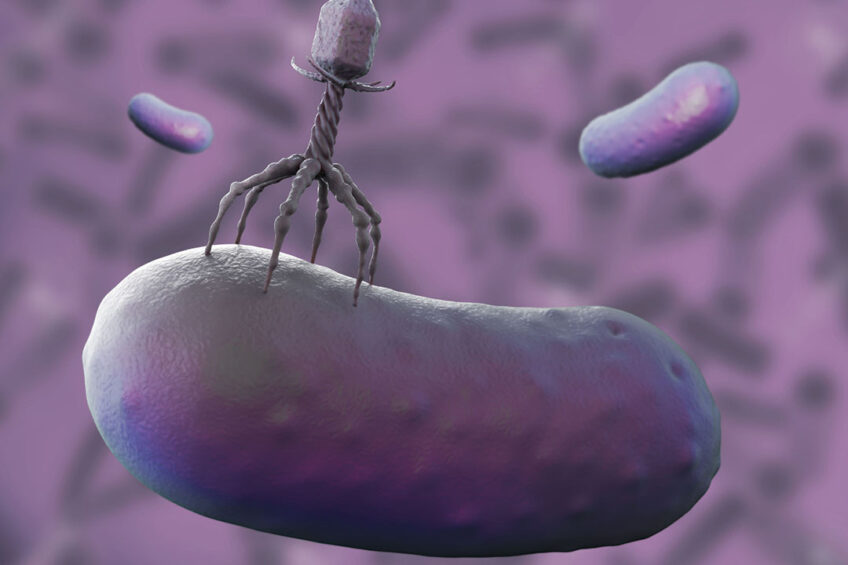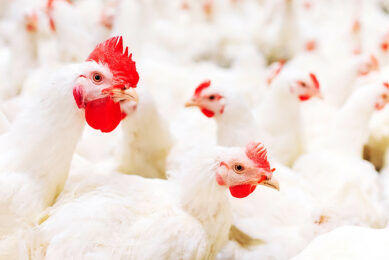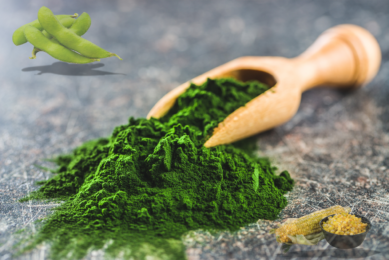Pond aquaculture may benefit from bacteriophages in fish feed

A group of scientists from Siberia have proposed the use of bacteriophages in fish feed to help pond aquaculture combat some harmful bacteria and improve productivity. The idea has already proved its value in the first series of field trials.
The researchers from the Siberian Federal Center for Agrobiotechnologies under the Russian Academy of Science emphasised that several types of bacteria, such as Aeromonas and Pseudomonas, remain a severe problem for growers of inexpensive fish species, like carp and catfish. These bacteria cause infectious disease outbreaks, often leading to the death of the entire fish stock.
These [bacteriophages] – natural enemies for aeromonosis and pseudomonosis – live in the same place as bacteria harmful to fish
Sergey Leonov, one of the authors of the study told local press.
Preliminary research results promising
The researchers isolated bacteriophages from these reservoirs and, in laboratory conditions, expanded their population, which was used in fish feed production.
The preliminary results are promising. In 2023, an experiment was carried out on 9 lakes, during which the mortality rate as a result of infectious diseases was reduced to zero, Leonov said.
In 2024, the scientists plan to scale up the trials to 30 more lakes, Leonov disclosed.
In the future, researchers plan to design a comprehensive data bank of bacteria to facilitate their use in feed production. Eventually, the researchers believe this project will lower the average price of some fish species on the Russian market.
Not an entirely new concept
The concept of using bacteriophages in feed production is not entirely new. Several organisations, including the Phage EU coalition, which brings together stakeholders representing phages in industry and science, emphasise the benefits of speeding up work on the approval of phages technology at the EU level.
During a discussion at the European Parliament in February 2023, Prof Jaroslav Dastych, CEO of Proteon Pharmaceuticals, expressed confidence that the phages technology helps minimise the use of antibiotics in agricultural production without increasing the costs or reducing its productivity.
“Phages are an effective novel tool that substantially reduces the need for antibiotic use and can even help reduce the spread of antimicrobial-resistant bacteria in the environment. Using them as feed additives does not result in developing drug resistance in bacteria,” he said.
The Russian scientists said the developed product is a cost-effective alternative to more expensive options. Almost all the costs are associated with producing concentrate, followed by its sterilisation and bottling, Leonov said.











